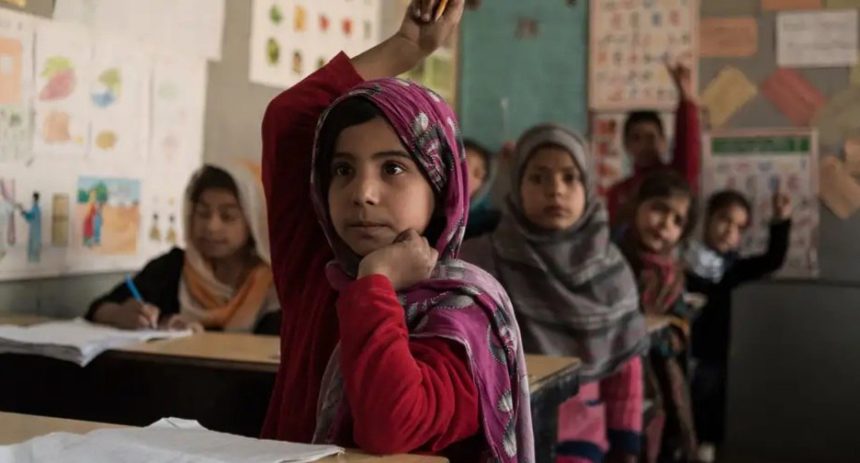RASC News Agency: The Global Partnership for Education (GPE) recently unveiled a substantial allocation of $110 million dedicated to supporting the education of children in Afghanistan. In a press release issued on Thursday, December 14th, the GPE underscored that this funding aims to enhance the quality of education in public schools for the next two years. The organization reiterated its unwavering commitment to ensuring access to education for Afghanistani children, emphasizing that 7.6 million children in the country have already reaped the benefits of their dedicated assistance.
Laura Frigenti, the Executive Director of the Global Partnership for Education, conveyed her contentment with the opportunity to once again bolster education in Afghanistan. She noted that the grant’s effective implementation would be vigilantly overseen by the United Nations Children’s Emergency Fund (UNICEF). Frigenti underscored the pivotal role of this aid in affording Afghanistani children the education they require and deserve.
The statement delineated the disbursement of the allocated funds, with approximately $59.5 million earmarked for administration by UNICEF in remote and inaccessible areas, particularly focusing on supporting girls’ education. These funds will be utilized for diverse purposes, encompassing textbook and stationery preparation, advocacy for local teachers’ rights, and providing guidance and textbooks to nearly 15,000 public schools.
Moreover, the statement accentuated that $50 million of the aid will be directed through the Save the Children Institute to sustain the education of boys and girls in remote Afghanistan regions. Additionally, it was highlighted that at least 28,000 teachers and administrative staff will undergo training as part of this initiative.
This financial allocation is also designated for the development of educational infrastructure, ensuring access to clean water, supplying books and stationery, and empowering young women through teacher training programs for primary schools. It is imperative to acknowledge that these endeavors persist despite significant setbacks faced by the education system when the Taliban assumed control of the country. Consequently, girls beyond the sixth grade were barred from attending school, and many children were unable to pursue education due to prevailing poverty and societal resource constraints, depriving them of a quality education.






